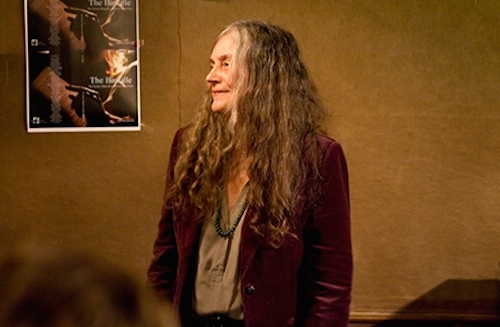Jim Crace Wins 2015 IMPAC Literary Award
The Dublin City Council announced today that British author Jim Crace has won the 2015 International IMPAC Dublin Literary Award. Crace, who won for his novel Harvest (Doubleday, 2013), will receive €100,000 (approximately $113,000). The annual award, which is one of the world’s largest prizes for a single book, is given for a novel written in English and published in the previous year.
Now in its twentieth year, the IMPAC award only accepts nominations from libraries. Crace’s novel was chosen from 142 titles that were nominated by libraries in 114 cities in thirty-nine countries. The Swiss library Universitätsbibliothek Bern and the Tallahasee, Florida–based LeRoy Collins Leon County Public Library both nominated Crace’s novel. Valentine Cunningham, Christine Dwyer Hickey, Daniel Hahn, Kate Pullinger, Jordi Soler, and Eugene R. Sullivan judged.
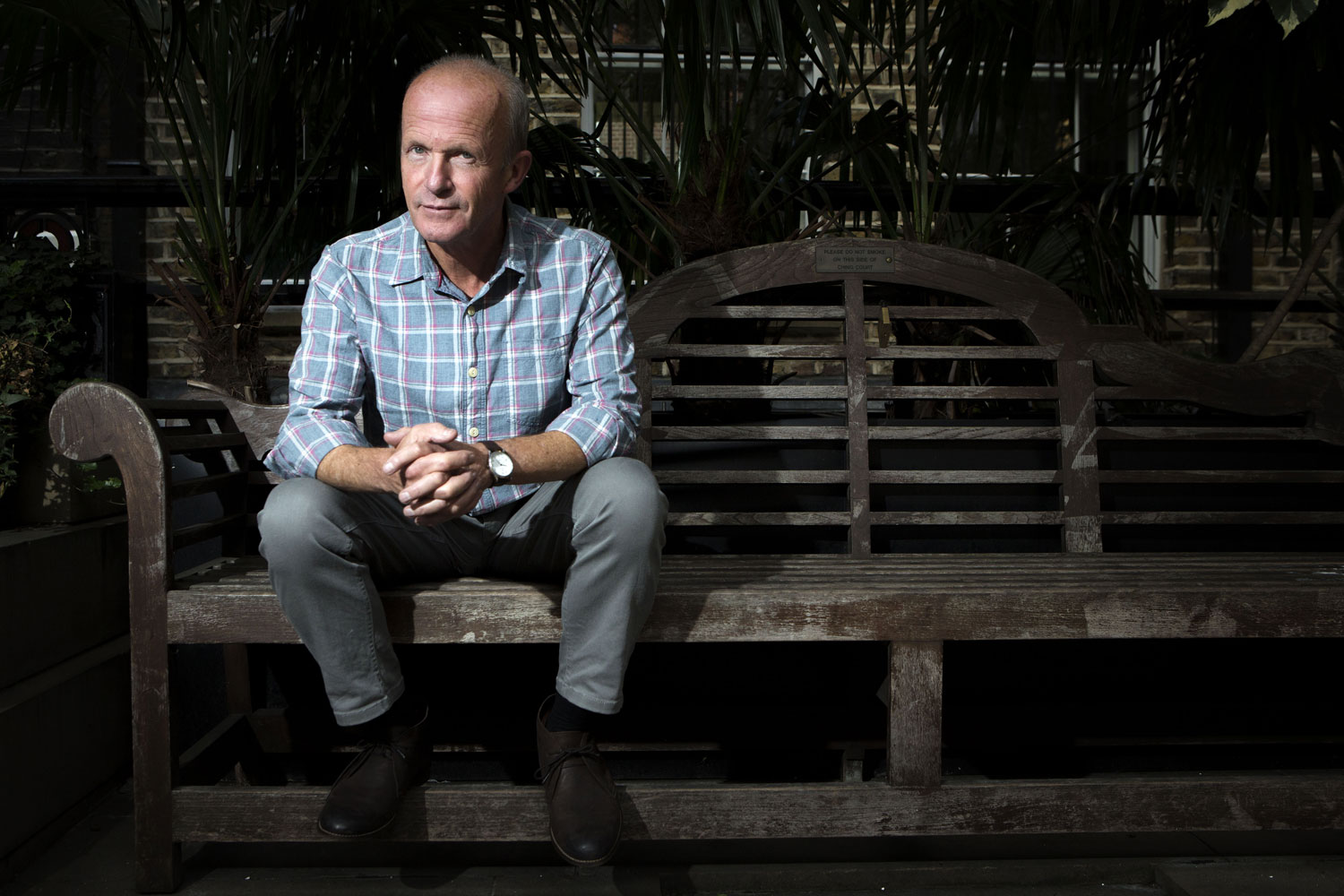
“It has been an overwhelming surprise and a delight to discover that my latest book has won the IMPAC Dublin award,” said Crace. “Harvest proved to be a generous novel in the writing. Readers and critics were more than generous in their responses. And now, thanks to the further generosity of a whole wide-world network of book-loving strangers, Harvest has struck lucky again—it will be included in the distinguished and twenty-year-long list of fiction honored by this truly international and discriminating award. No writer could hope for more than that.”
The shortlisted novels for the prize were Americanah by Chimamanda Ngozi Adichie; Lulu Norman’s translation from the French of Mahi Binebine’s Horses of God; The Narrow Road to the Deep North by Richard Flanagan; Burial Rites by Hannah Kent; Sue Branford’s translation from the Portuguese of Bernardo Kucinski’s K; Geoffrey Strachan’s translation from the French of Andreï Makine’s Brief Loves That Live Forever; TransAtlantic by Colum McCann; Someone by Alice McDermott; and Sparta by Roxana Robinson.
Previous winners of the prize include Juan Gabriel Vásquez for The Sound of Things Falling, Colum McCann for Let the Great World Spin, Per Petterson for Out Stealing Horses, Colm Tóibín for The Master, and Edward P. Jones for The Known World.
Photo: Jim Crace. Credit: Matt Writtle.





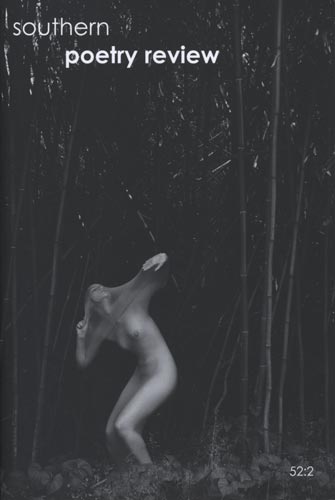 Submit three to five poems totaling no more than ten pages with a $20 entry fee, which includes a one-year subscription to Southern Poetry Review, by June 15. Submissions can be made via the
Submit three to five poems totaling no more than ten pages with a $20 entry fee, which includes a one-year subscription to Southern Poetry Review, by June 15. Submissions can be made via the 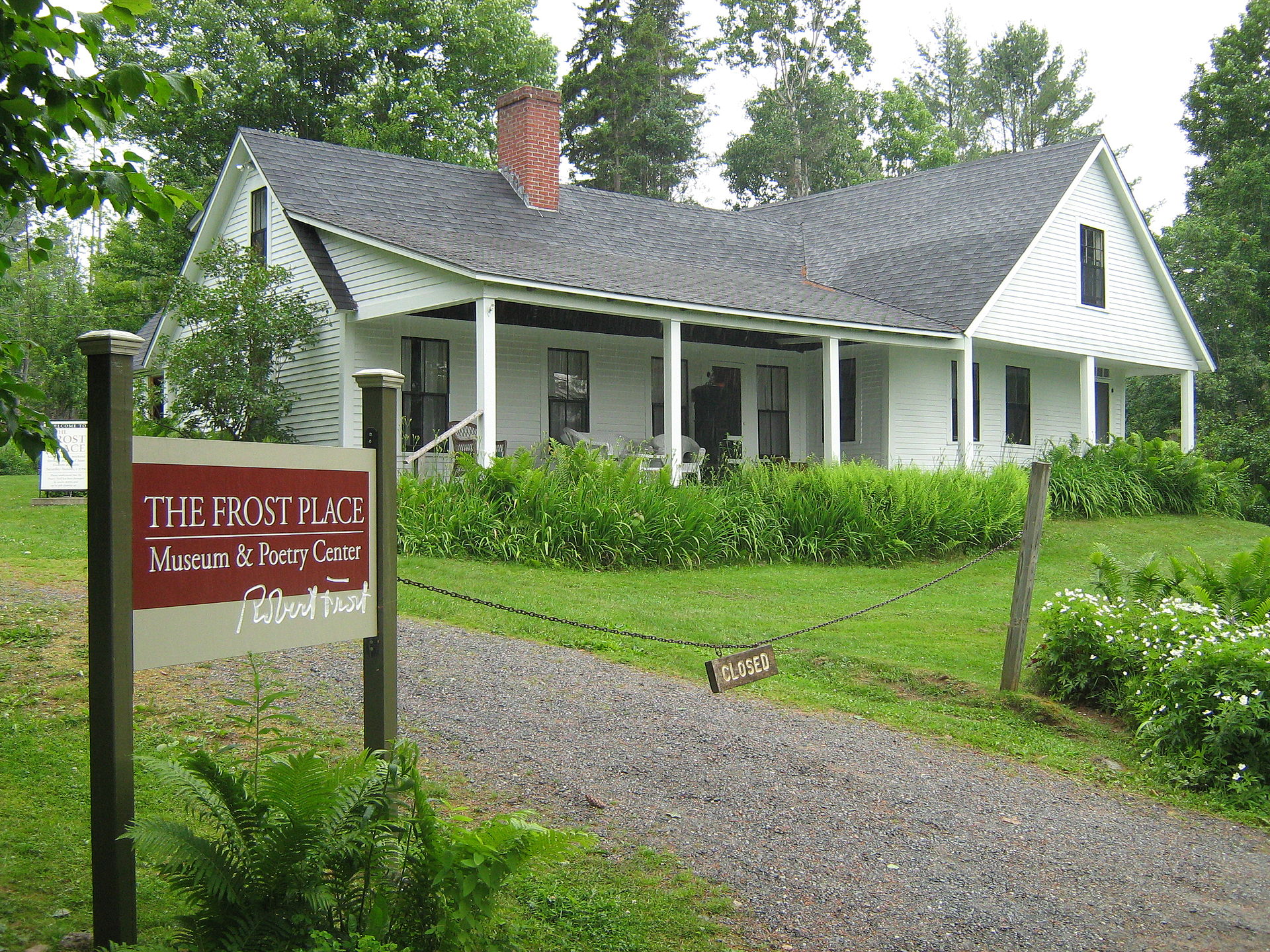 Poets who self-identify as Latin@, have a strong commitment to the Latin@ community, and are at least 21 years old are eligible to apply. Submit three to five poems of any length with the
Poets who self-identify as Latin@, have a strong commitment to the Latin@ community, and are at least 21 years old are eligible to apply. Submit three to five poems of any length with the  Submit three copies of a published book of fiction, a cover letter, and a curriculum vitae by June 15. There is no application fee. Submissions can be made via postal mail to P.O. Box 5000, Bard College, Annandale-on-Hudson, NY 12504. Visit the website for complete guidelines.
Submit three copies of a published book of fiction, a cover letter, and a curriculum vitae by June 15. There is no application fee. Submissions can be made via postal mail to P.O. Box 5000, Bard College, Annandale-on-Hudson, NY 12504. Visit the website for complete guidelines.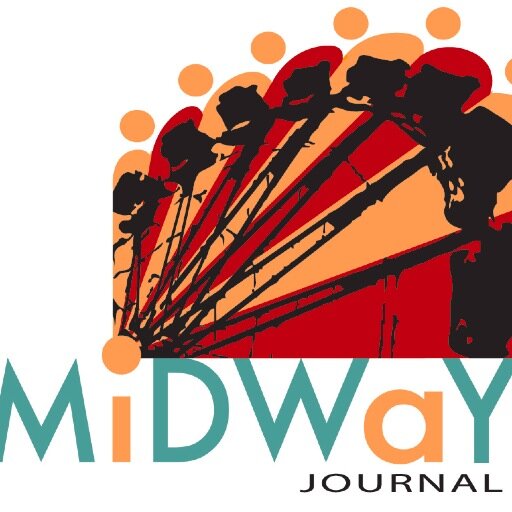
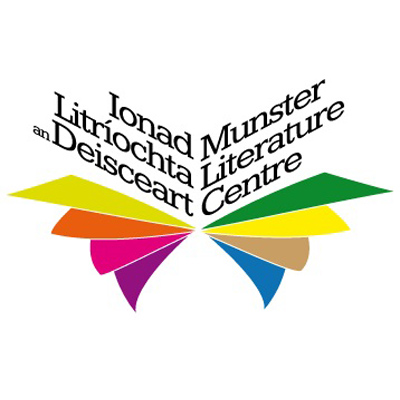 One runner-up will receive €500 (approximately $545); both first- and second-place winners will receive fifty copies of their chapbooks. The winning chapbooks will be nominated for the U.K. Forward Prize for best poem and anthology, and winners will be invited to read their work at the 2016 Cork Spring Poetry Festival. The deadline to enter is May 31.
One runner-up will receive €500 (approximately $545); both first- and second-place winners will receive fifty copies of their chapbooks. The winning chapbooks will be nominated for the U.K. Forward Prize for best poem and anthology, and winners will be invited to read their work at the 2016 Cork Spring Poetry Festival. The deadline to enter is May 31.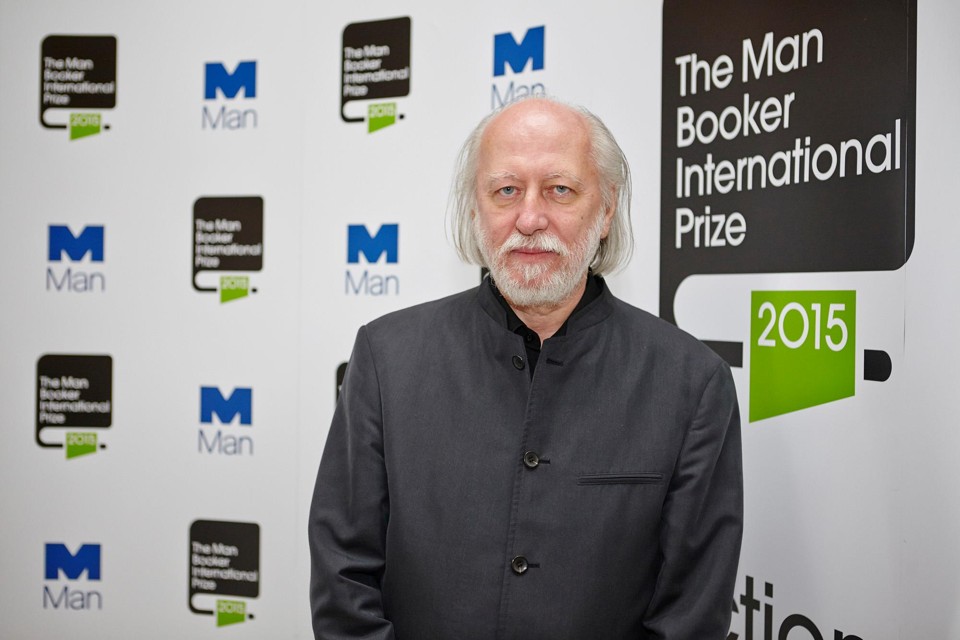
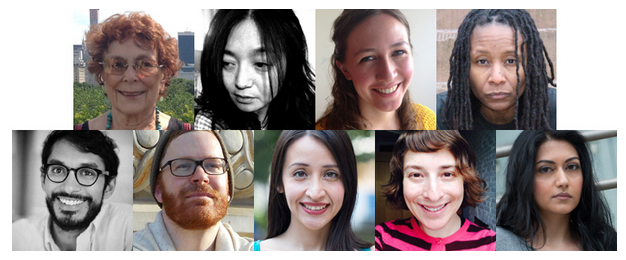
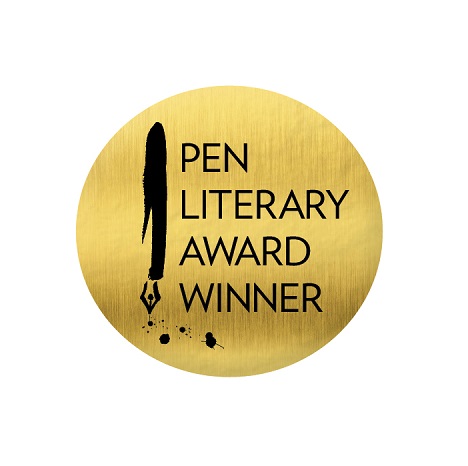 Saeed Jones won the $5,000
Saeed Jones won the $5,000 